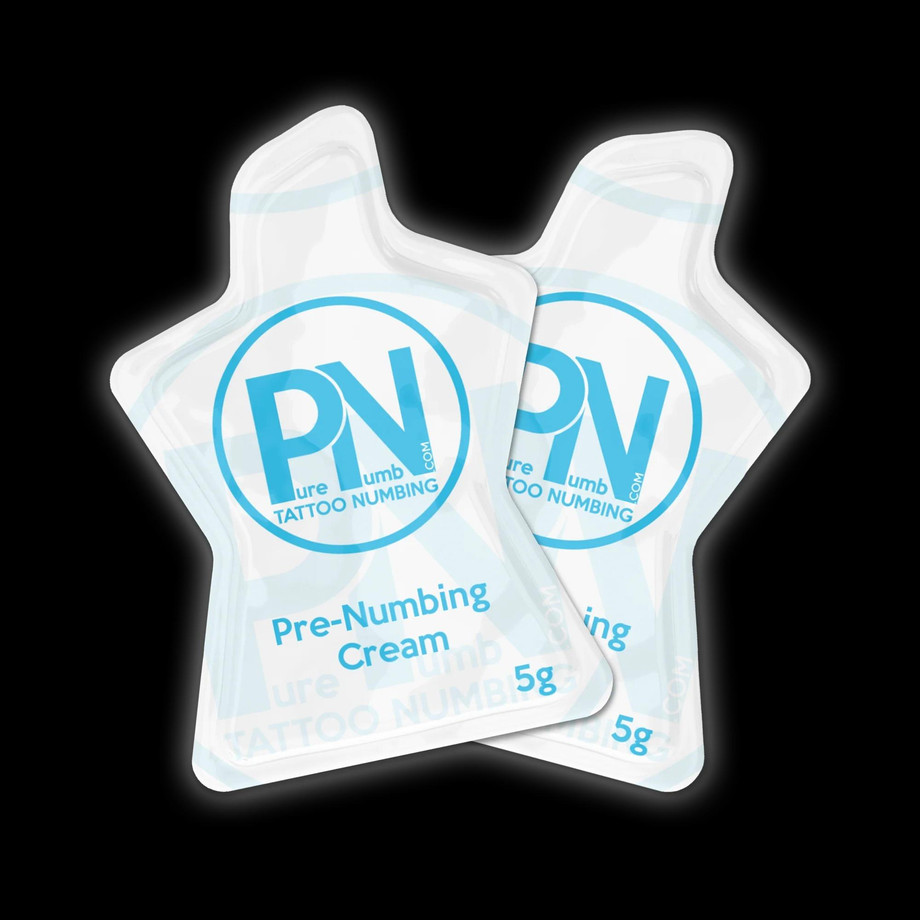The Ultimate Guide to Tattoo Pain Relief and Aftercare
Understanding the Tattooing Process
Getting a tattoo is more than just a form of self-expression—it’s a commitment to permanent body art and personal identity. However, many people underestimate the discomfort associated with the process. Tattoo needles penetrate the skin repeatedly, delivering ink into the dermis, which can cause significant pain depending on the location and duration of the session. This is where a tattoo pain cream comes into play, helping to ease discomfort and make the experience more tolerable, especially for those with low pain thresholds or who are undergoing large, detailed work.
Tattooing is a controlled injury to the skin, and just like any wound, it requires proper management before, during, and after the procedure. It’s not only about aesthetics—it’s about healing, preservation, and comfort.
Why Tattoo Pain Cream is Essential
While some people tolerate the tattooing process with little issue, others find it almost unbearable. For these individuals, a tattoo pain cream can make a significant difference. These creams are formulated with ingredients that numb the skin temporarily, reducing or eliminating the sensation of pain during the tattooing process.
It's important to note that these creams must be applied correctly and at the right time—usually about 30 to 60 minutes before the tattoo begins. They are particularly useful for sensitive areas like the ribs, ankles, spine, or inner arms. By easing the physical strain, they also help the tattoo artist work more effectively, since the client is less likely to flinch or tense up during the session.
Choosing the Right Products for Tattoo Care
Once the tattoo is done, the aftercare process begins. Healing properly is essential to preserving the vibrancy and detail of the ink. This is why choosing the right products for tattoo care is not just recommended—it's crucial. The tattooed skin is vulnerable to infection, irritation, and scabbing, all of which can ruin the appearance of the tattoo if not properly managed.
Effective products for tattoo care often include a gentle, fragrance-free cleanser to remove plasma and excess ink, a hydrating ointment to maintain moisture and prevent cracking, and a soothing lotion to reduce inflammation and itchiness during the peeling stage. Hydration and protection from sun exposure are key to ensuring that the tattoo heals smoothly without fading or distortion.
Healing Time and Skin Sensitivity
The healing process typically takes two to four weeks, depending on the tattoo's size, location, and your skin type. During this time, it’s common to experience itching, flaking, and slight scabbing. Improper care can lead to infections or scarring, which is why it’s vital to stick to a consistent routine with well-formulated products for tattoo care.
Additionally, avoiding harsh chemicals, tight clothing, and direct sunlight during healing is just as important as applying ointments or lotions. Even after the tattoo has fully healed, ongoing skincare—including moisturization and sunscreen use—is beneficial for long-term vibrancy.
Tattoo Pain and the Mental Barrier
For many, the idea of enduring the needle is a mental barrier that keeps them from getting their desired tattoo. But with the availability of a reliable tattoo pain cream, this mental obstacle becomes less intimidating. The numbing effect can create a more pleasant and calm environment, encouraging people to finally commit to the body art they’ve been dreaming about.
This psychological comfort should not be underestimated. When the fear of pain is reduced, the entire tattooing experience becomes more enjoyable, both for the client and the artist.
The Science Behind Pain Relief and Aftercare
Numbing creams often work by blocking the sodium channels in nerve endings, temporarily halting the transmission of pain signals. This numbing effect typically lasts for one to two hours, giving artists ample time to work through the most sensitive sections.
Meanwhile, products for tattoo care often contain natural anti-inflammatory agents, hydrating components like glycerin or shea butter, and antimicrobial ingredients that help reduce the risk of infection. They not only soothe the skin but also promote rapid healing, allowing the tattoo to set beautifully into the dermis without unnecessary damage.

Comments
Post a Comment